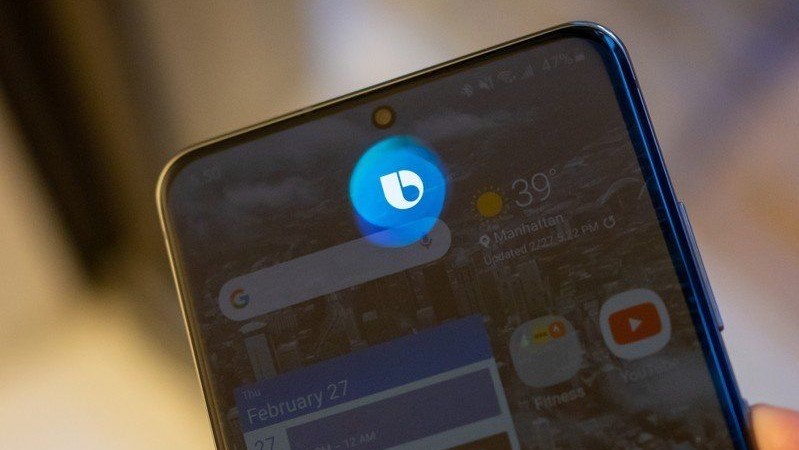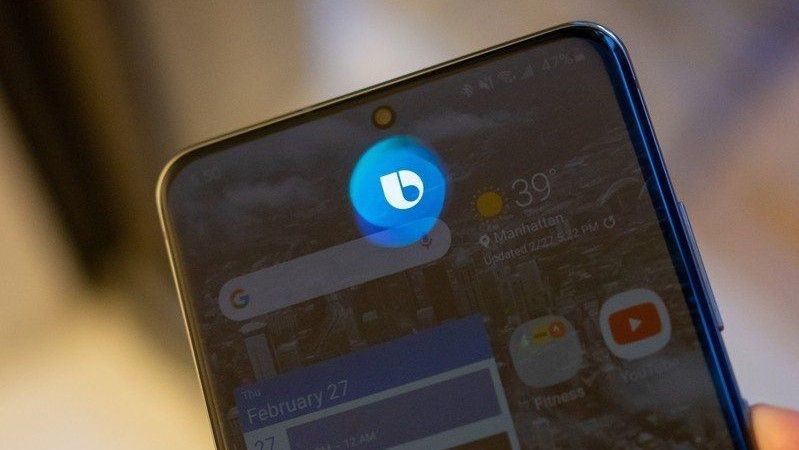
What you need to know
- Samsung will apparently unveil its in-house generative AI tool at an event scheduled for September 12.
- The ChatGPT-like engine is said to be reserved for use by Samsung employees in tasks such as coding, email, and document summarization, among others.
- Samsung will reportedly make the tool available to its employees by the end of 2023 or in early 2024.
Samsung is cooking up its own generative AI service, but it’s not for everyone. Unlike ChatGPT, which is available to anyone, Samsung’s service will be exclusive to its employees, says a new report from South Korea.
Korea Daily reports that Samsung is working on an in-house generative AI tool that operates like ChatGPT, but it’s not what you think. According to the outlet, the ChatGPT-like engine will not be for public consumption. This means only Samsung employees will get their hands on the tool for various productivity applications.
Back in May, Samsung reportedly teamed up with Naver to develop a generative AI platform for its employees, as per SamMobile. The initiative began in response to a security incident involving a few employees who used ChatGPT to make coding tasks more convenient.
Unbeknownst to them, the code snippets they fed into the AI tech became part of OpenAI’s engine and were stored on their remote servers. The incident prompted the Korean giant to ban the use of ChatGPT among its employees, so an in-house alternative is a logical next step to provide the same level of convenience without compromising security.
The new AI platform being developed by Samsung will be used for the same purposes, and it was confirmed by Samsung’s Kye Hyun Kyung during a lecture at Yonsei University in June (via SamMobile). The tool will apparently be unveiled on September 12 at the Real Summit 2023 event.
Samsung’s in-house generative AI will provide support for a wide variety of tasks, including coding, emails, document summarization, and more. Internal beta testing will supposedly begin in October, with a full rollout to Samsung employees set to start by the end of 2023 or early 2024.

